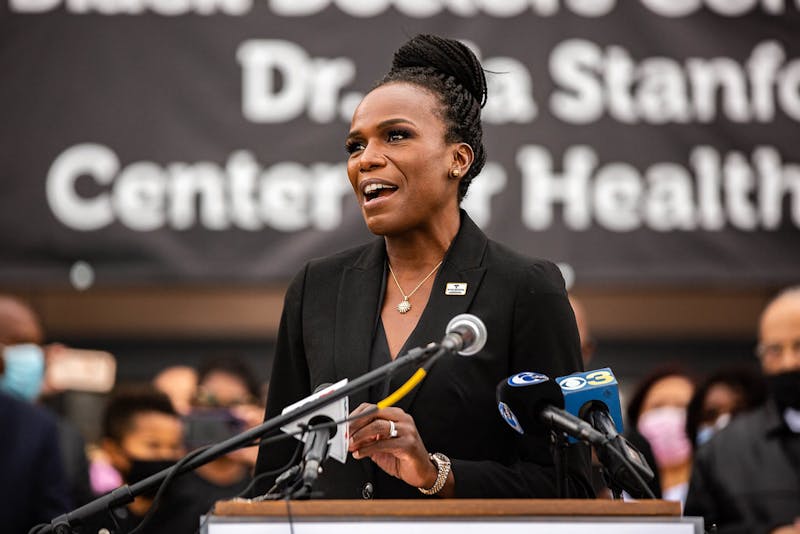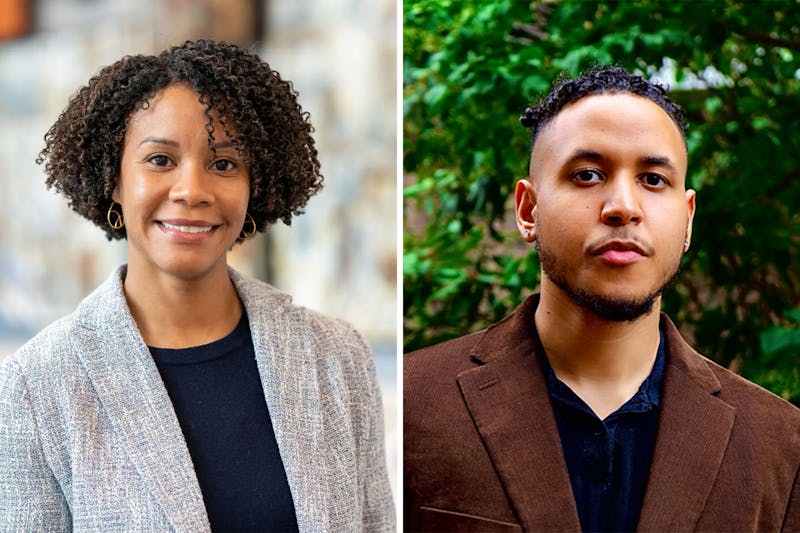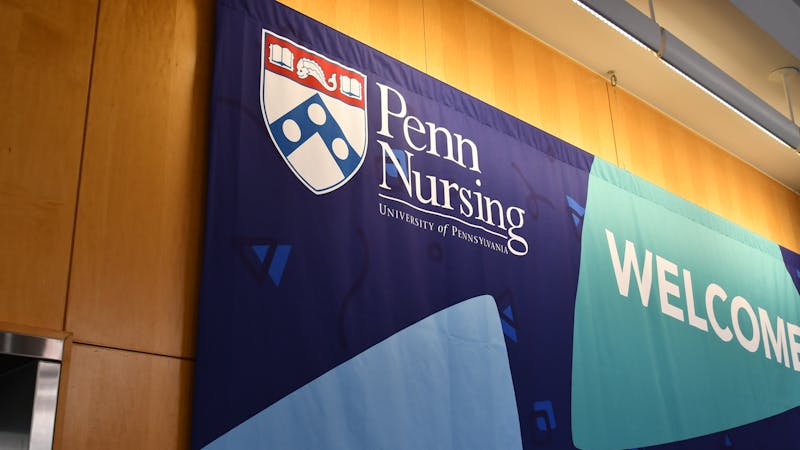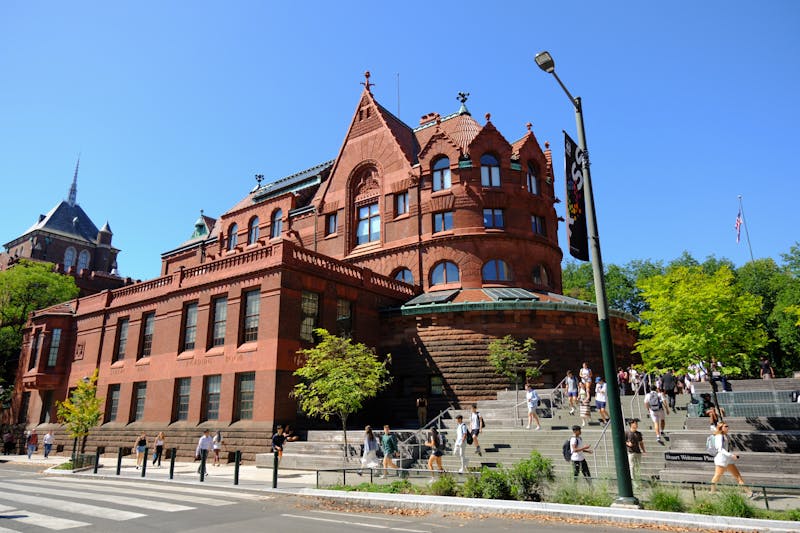
Penn announced the 2024 cohort of seven Presidential Ph.D. Fellows on Sept. 13.
Presidential Ph.D. Fellowships are awarded to the “most accomplished and diverse doctoral students at or newly recruited to Penn.” The seven fellows will receive a three-year fellowship, including a 12-month stipend, tuition, fees, summer and research funds, and Penn Student Insurance coverage.
The President’s Ph.D. Initiative is a six-year, $30 million initiative established in 2020. The inaugural cohort was announced in 2021, and this year’s group will mark the last cohort of fellows named under the initiative.
This year’s fellows hail from six schools at Penn and all across the globe. Their research interests vary from health equity to digital identity development.
Raisa Achiriloaie, from Claremont, Calif., will join the School of Engineering and Applied Sciences to pursue a Ph.D. in mechanical engineering and applied mechanics with a focus on fluid mechanics. Her research will center around inertial turbulence and elastic turbulence.
“I was always fascinated with fluids, and I didn't learn until quite a while later in life that there's still a lot of unsolved problems in fluids,” Achiriloaie said. “I did a lot of biophysics research in undergrad, and now I’ve realized that it was all fluids that I was doing implicitly. Everything that I’m learning about now I’ve actually seen in a different context, which was really, really cool.”
Saron Akalu — who hails from Berkeley, Calif. but was originally born in Ethiopia — is studying cell and molecular biology with a specialization in genetics at the Perelman School of Medicine. She is particularly interested in human evolution and genomics.
“Ethiopia has a lot of very old, archaic fossils, which definitely influenced my interests in evolution and biology growing up,” Akalu said. “I'm fascinated by how we can use present day genetic diversity in populations to reconstruct human history, particularly African population genetics. Much of the genomic population dynamics data we have is in Europe, and it's important to diversify that.”
School of Nursing fellow Miller Celestin comes to Penn from Brooklyn, N.Y. A nurse with over 11 years of experience, he plans to research health equity and emergency rooms.
As a Black immigrant from Haiti, Celestin said that he witnessed health disparities firsthand.
“The data shows that there are different outcomes for patients from historically marginalized groups,” he said. “I want to tease out the why to improve the healthcare experience, especially within the emergency room, for patients who need proper care.”
2024 College graduate Iris Horng, a fellow at the Wharton School, is originally from South Jersey, but she is no stranger to Philadelphia or Penn. A University Scholar, Horng graduated from the College this past spring with a bachelor's degree in math and minors in data science and statistics. She is pursuing a Ph.D. in statistics and is interested in its intersections with neuroscience, biomedical applications, and public health.
She became excited about math and its applications — such as seeking to understand the brain through topological data analysis — through research programs she did during her undergraduate years. She said that she finds research rewarding as it allows her to “make an impact and contribute to society.”
Anna Kasper from Minneapolis, Minn., is studying neuroscience at the Perelman School of Medicine. She said that she came to Penn for its interdisciplinary approach to research and is specifically interested in neuroimmunology.
“I actually wanted to be an architect for a long time,” Kasper said. “When I took an Advanced Biology class, I realized that there's a lot of architecture to cellular systems. At the same time, my family and friends were experiencing a lot of neuro-related conditions, and so I was wondering how these cellular architectures were disrupted in those kinds of disorders, which is how I got into science.”
Thomonique Moore, who hails from Virginia Beach, previously worked in digital consulting and educational technology. As part of her degree at the Annenberg School for Communication, she will research how youth utilize digital technology for identity development and education as part of her degree.
Moore said that her educational technology background enabled her to think about digital media platforms “as an innovative way that youth, adolescents, and young adults engage with all sorts of things like social activism and learning.”
She added that she looks forward to working with youth and conducting ethnographic studies.
Weitzman School of Design Fellow Clarisse Figueiredo de Queiroz hails from Brazil. She hopes to expand on her work from her master’s degree at Columbia University, which examined the role of architecture in the construction of landscapes of extraction.
“During my last year, I was involved in working with a region in the Amazon, uncovering the stories in institutional and official archives and investigating how a specific monument influenced the creation of an extractivist ethos, a genocidal ethos,” Figueiredo de Queiroz said. “I want to continue to explore things in this realm, but I’m open to expanding to other types of archives, like rural or indigenous archives.”
The Daily Pennsylvanian is an independent, student-run newspaper. Please consider making a donation to support the coverage that shapes the University. Your generosity ensures a future of strong journalism at Penn.
Donate









